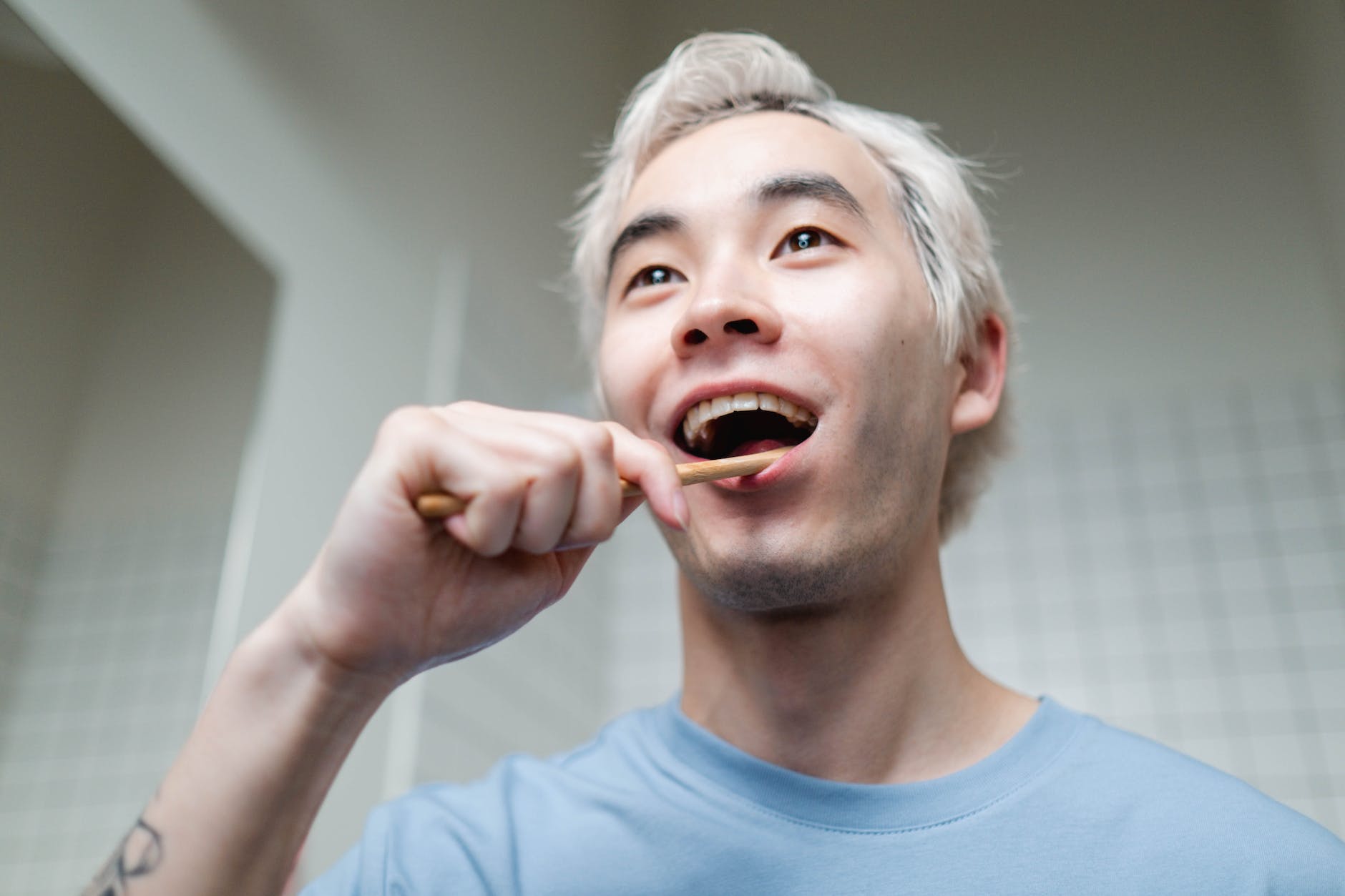
Oral hygiene, a pivotal aspect of our health, is often enshrouded in myths and misconceptions. These falsehoods can lead to detrimental dental practices and consequential oral health issues. In the spirit of the betterment of the human condition, this article aims to debunk widespread oral hygiene myths, replacing misinformation with facts and guiding you towards a healthier smile.
Myth 1: The Harder You Brush, the Cleaner Your Teeth
This myth champions aggressive brushing, a common misconception that equates force with effectiveness.
The Reality
Contrary to popular belief, brushing too hard can erode tooth enamel and irritate gums. The key lies in the brushing technique, not force.
Best Practice
Opt for a soft-bristled toothbrush and brush with gentle circular motions, ensuring comprehensive cleaning.
Myth 2: Sugar Alone Causes Cavities
Sugar is often villainised as the sole perpetrator of cavities.
The Reality
Cavities result from acid-producing bacteria feeding on various carbohydrates, not just sugars.
Best Practice
Limit sugary and starchy foods, maintaining a holistic oral care routine including brushing, flossing, and mouthwash use.
Myth 3: Bleeding Gums Are Normal During Brushing or Flossing
Many accept bleeding gums during oral care as a norm.
The Reality
Bleeding gums are often a red flag for gum disease, indicating tartar buildup and other underlying issues.
Best Practice
See a dentist as soon as possible if experiencing bleeding gums and maintain gentle oral care practices.
Myth 4: Baby Teeth Don’t Need Brushing
There’s a misconception that baby teeth, being temporary, require less care. It’s easy to see this as “they’re all going to come off anyway”, but..
The Reality
Baby teeth set the stage for permanent teeth and are crucial for oral development. As such, poor baby teeth can affect the health and alignment of permanent teeth as they grow.
Best Practice
Start brushing children’s teeth early, using a pea-sized amount of fluoride toothpaste.
Myth 5: Chewing Gum Can Replace Brushing
Some believe that chewing gum is a sufficient substitute for brushing.
The Reality
Chewing xylitol or sorbitol-infused gum can help boost fresh breath and clean your mouth by increasing saliva production, but gum cannot replace brushing and flossing.
Best Practice
Use chewing gum as a supplemental oral hygiene measure, not a replacement.
Myth 6: Whitening Damages Your Teeth
This one is quite popular, even in educated circles. Teeth whitening is often misunderstood as damaging to enamel.
The Reality
When conducted properly, whitening is safe, does not harm tooth enamel, and can boost your confidence and self-esteem by making your smile shine brighter.
Best Practice
Consult with a dentist before undergoing whitening treatments for safe and effective results.
Myth 7: Flossing Is Optional
Flossing is frequently underestimated and overlooked as a secondary, less important part of dental hygiene.
The Reality
Flossing is essential for removing plaque and particles from areas a toothbrush can’t reach.
Best Practice
Incorporate flossing into your daily routine, ideally before bedtime.
Myth 8: Rinse Your Mouth Immediately After Brushing
Many rinse their mouth right after brushing. We wouldn’t be so oblivious to say we don’t understand why this is. Many people just can’t stand the aftertaste of lingering toothpaste in their mouth.
The Reality
Rinsing immediately after brushing washes away fluoride, diminishing its protective effects.
Best Practice
After brushing, spit out excess toothpaste but delay rinsing to maximise the fluoride’s benefits.
Myth 9: White Teeth Equates to Healthy Teeth
Yes, white teeth are aesthetically pleasing, but they are often mistakenly equated with good oral health.
The Reality
Teeth color doesn’t necessarily reflect oral health; issues like cavities and gum diseases can still be present.
Best Practice
Prioritise comprehensive oral health over mere aesthetics.
Myth 10: More Frequent Brushing Ensures Healthier Teeth
Some believe that brushing more than twice daily boosts oral health. What won’t we give for a diamond smile, right?
The Reality
Excessive brushing can lead to enamel damage and gum recession.
Best Practice
Adhere to brushing twice daily and flossing once for optimal oral health.
Conclusion
Demystifying these oral hygiene myths is imperative for maintaining proper dental care. The take-home here is this: effective dental hygiene entails more than proper brushing. It also encompasses flossing techniques, regular dental check-ups, and a monitored diet.
Fortunately, after reading this, your dentist won’t have to clarify these things for you again. Still, you need to maintain those biannual dental checks. If you live in Surrey and require the services of the best dentist Banstead has to offer, Zen Dental has the team just for you.